Month: April 2010
Legacies of Ancient Egypt – and 7X
A legacy in this context means a special contribution that a civilisation leaves behind. It might include:
|
Clipart kindly provided by www.phillipmartin.info A famous piece of ancient architecture. Can you think of other arenas based on this concept? |
-
a memorable idea such as a special way of organising a society or dealing with a problem;
-
some kind of scientific knowledge;
-
an invention;
-
a monument;
-
a skill;
-
an impressive achievement in art, government, literature, etc;
-
something that later societies have admired and sought to emulate.
For instance, ancient Sumerians are believed to have been the first to create a writing system. They pressed wedge-shaped marks into clay tablets. Many historians believe that this is what gave the Egyptians the idea of developing hieroglyphs.
|
Here’s a quotation from an article about the 20-year history of the internet, by Guy Rundle in The Age on Sunday 15 March: “Five thousand years ago, the invention of writing in Mesopotamia [Sumer] separated information from presence – a few strokes of cuneiform on a clay tablet established that meaning, intent, communication could be separated and transmitted without a person there to present it. “From this event flows every modern institution of the state…” That’s some legacy! |
Cuneiform – clipart kindly provided by www.phillipmartin.info I always think that it would be wonderful if the first writing was created to write love poems or great literature. But no – someone wanted a receipt. Sigh. This is a material world.
The ancient Egyptians had many achievements over the course of their long history. Their beautiful tomb paintings, for example, show us all about their lives on the Nile River. They drew figures in a way that changed little over the years. Can you think of other great and inspiring achievements that others might have built upon?
Egyptian peasants during harvest – note the side-on presentation of the bodies in classic Egyptian style
Image in public domain from wikimedia.commons
See what you can find out about the legacies of the ancient Egyptians at these sites.
****************************************************************Mathematics:
http://math.suite101.com/article.cfm/the_mathematics_of_ancient_egypt
Ancient Egyptian ideas about pi:
http://ualr.edu/lasmoller/pi.html
Ancient Egyptian art:
http://www.aldokkan.com/art/art.htm
Ancient Egyptian water engineering and inventions: http://www.waterhistory.org/histories/nile/t1.html
(You’ll need to scroll down to read the vital information.)
Managing time – calendars and clocks: http://library.thinkquest.org/J002046F/technology.htm
Ancient Egyptian writing:
http://www.ancientscripts.com/egyptian.html
Your task: Leave a comment describing the ancient Egyptian legacy you consider most interesting, significant or worthwhile.
 Then answer this question: What legacy would you as an individual like to leave behind? Another way to put this could be: How do you intend to leave the world a better place than you found it?
Then answer this question: What legacy would you as an individual like to leave behind? Another way to put this could be: How do you intend to leave the world a better place than you found it?
My legacy…
Walking like an Egyptian – A Gallery
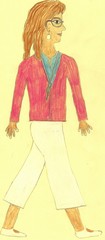 Ms Green
Ms Green 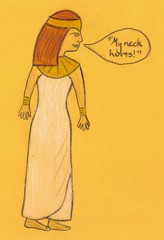 Tegan
Tegan
 Sarah
Sarah 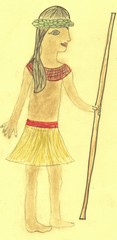 Steph
Steph
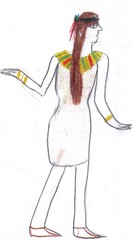 Vienna
Vienna 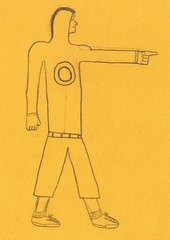 Keegan
Keegan
 Dion
Dion
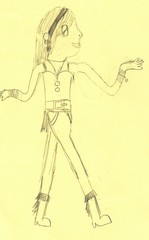 Kirthika
Kirthika 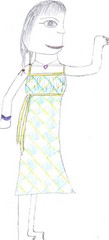 (No name given)
(No name given)
 Jan
Jan 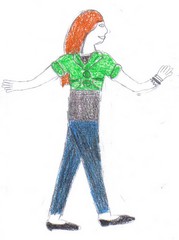 Bella
Bella
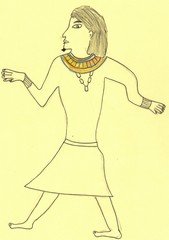 Rachel
Rachel 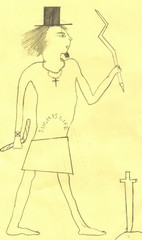 Reuben
Reuben





